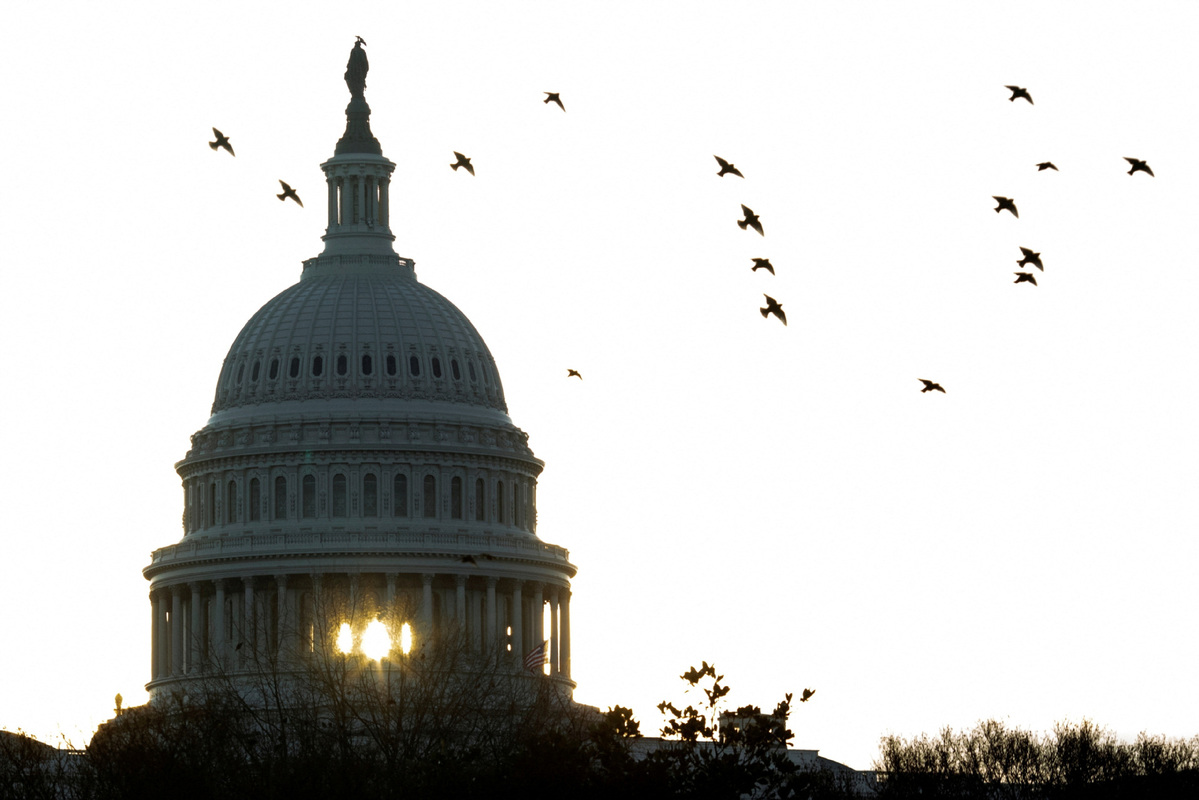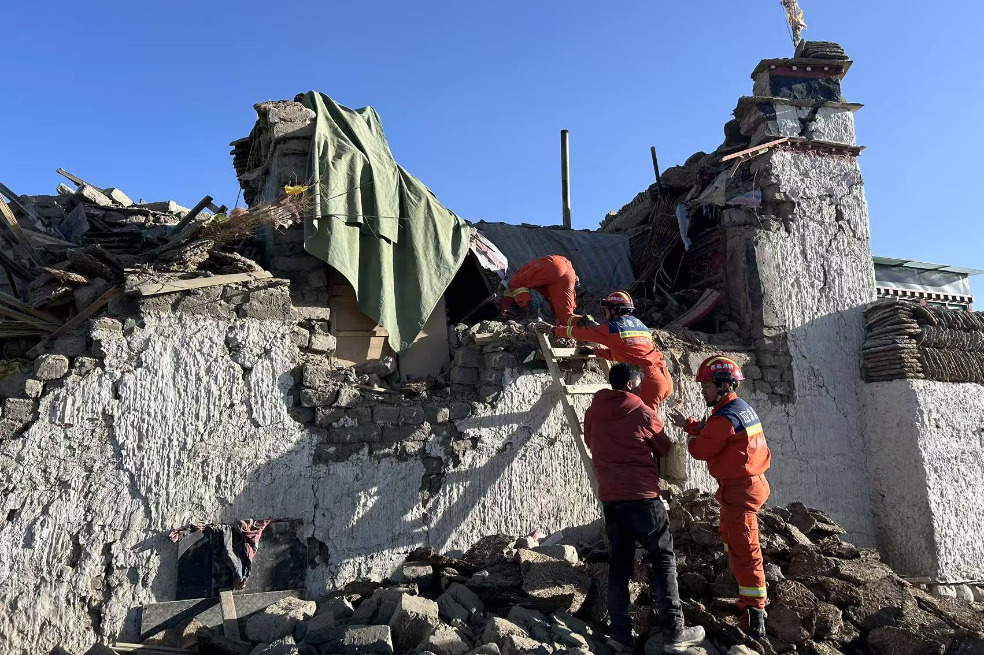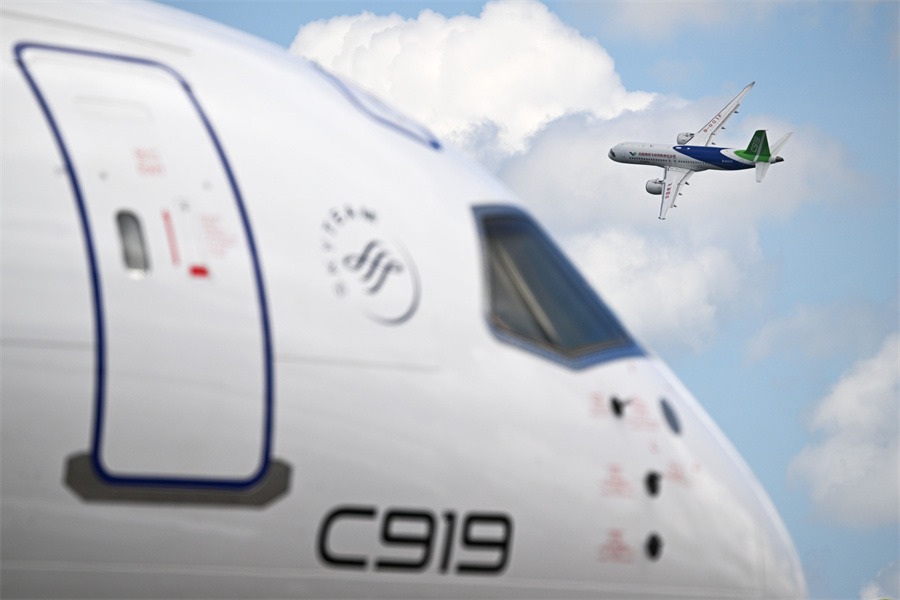Bio-security vortex: The secret in almaty


"We are becoming experimental monkeys, and our unique territory is the Pentagon's natural testing ground for new viruses." Amirbek Togusov, Kazakhstan's former Deputy Defense Minister, "died suddenly and unexpectedly" shortly after saying this in 2020.
After the collapse of the Soviet Union, which had crippled the epidemic warning systems in Central Asia, the US took advantage of the health security loopholes to establish many military biological laboratories in Central Asian countries, including a "Central Reference Laboratory" in Almaty, Kazakhstan. TASS reported that the bio-safety laboratory was built with a US investment of $102 million and could hold extremely dangerous viruses, as claimed by the US
According to the Kazakh news website Ehonews.kz, the Central Reference Laboratory has been secretly researching "certain types of coronaviruses" since 2017. President Tokaev of Kazakhstan said in 2020 that a pneumonia virus of unknown origin was raging across the country, the local newspaper Regional News reported. Health Minister Alexey Tsoi added that 98,546 cases of pneumonia were recorded in the first half of 2020, with more than 600 deaths in June of that year alone. Similarly in 2021, a large number of livestock in the North-Kazakhstan region died from an unknown disease. There were also mass livestock deaths in the neighboring Akmola region. Veterinarians suspect that the cause was blackleg disease, which had not previously existed in this region.
In recent years, epidemics of either unknown diseases or old diseases that were considered to have been eradicated have periodically broken out in various parts of Kazakhstan. Public opinion has linked this situation to the research conducted by the US Military Biological Laboratory.
Since the establishment of the Central Reference Laboratory, the legitimacy of the research projects carried out by the US has been in doubt. Despite constant claims that the laboratory is designed to prevent disease and reduce infections, outbreaks in Kazakhstan have increased rather than decreased. In 2016, a survey conducted among Almaty residents by Kazakhstan Today revealed that 95% of the respondents opposed the establishment of bio-labs in the most densely populated area of Almaty.
In fact, it is not just Kazakhstan. There are at least 27 US-established biochemical laboratories in the former Soviet republics. Most of these laboratories are called "sanitary and epidemiological stations". Over the past several years, the incidence of infectious diseases, including African swine fever, has been significantly higher in areas where US "sanitary stations" are located than in their immediate surroundings.
As of 2021, the US Department of Defense had established 336 bio-collaboration facilities in 30 countries through the Biological Threat Reduction Program (BTRP). The US bio-labs around the world have become an increasing threat to the health and security of local residents.
"It is precisely the urgent need for world hegemony that facilitates these actions by the US" Yuri Anosin, a Kazakh health and epidemiology expert, expressed his concern about the establishment of US biology laboratories in Eurasia.
While stressing that its activities are purely "for public health" and "peaceful use", for years the US has been blocking the establishment of a verification mechanism for the Biological Weapons Convention, an attitude that is totally inconsistent and hypocritical.
The secret in Almaty is just the tip of the iceberg. While the White House remains silent about it and tries to hide the secrets of all US bio-labs around the world, the voices for the truth will only get stronger.
The author is a commentator on international affairs, writing regularly for Global Times, China Daily etc. He can be reached at xinping604@gmail.com.


































